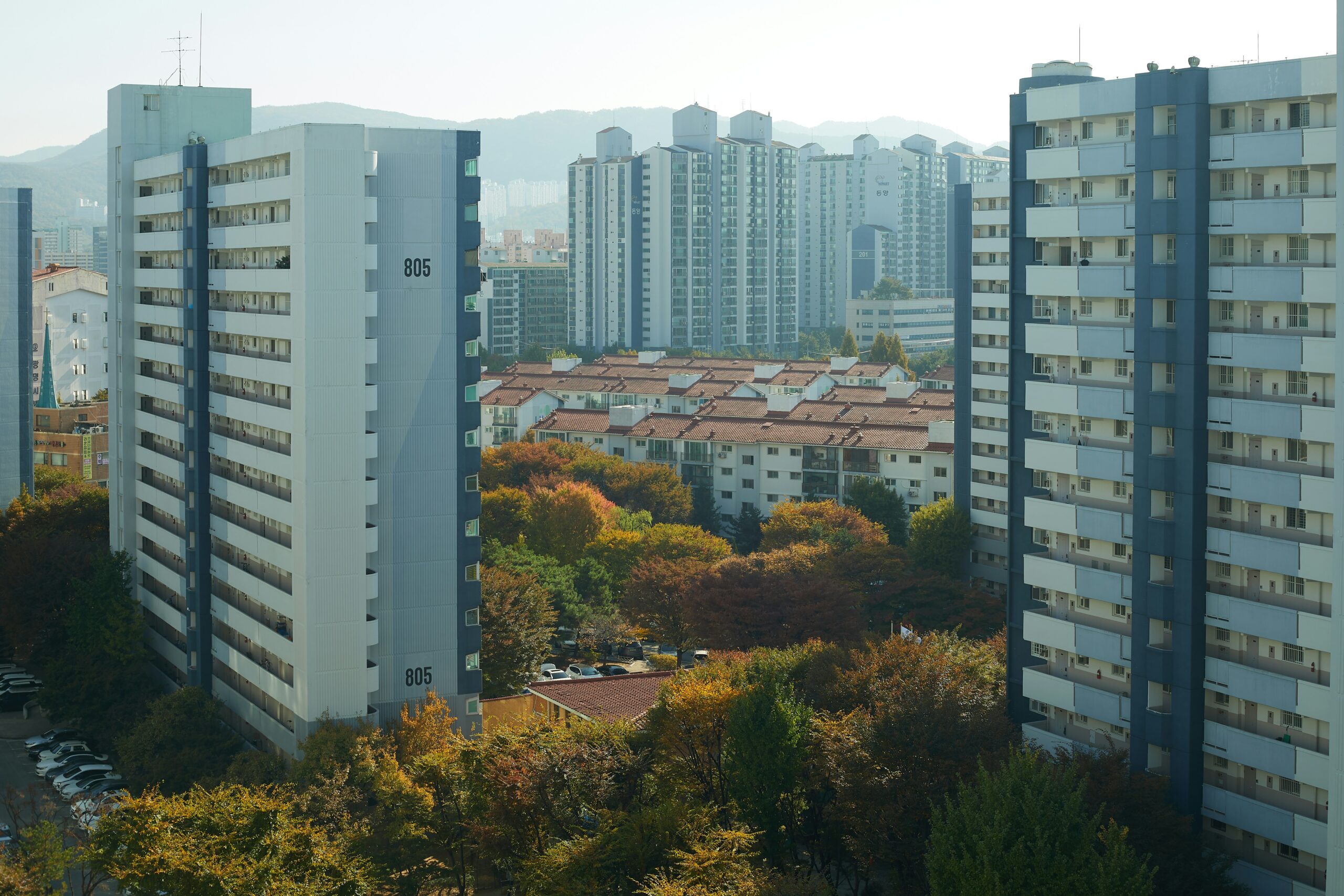As English speaking lawyers dedicated to providing legal counsel to the foreign community in Korea, we explain in this post how foreigners can protect their lease and deposit and share practical tips on how to safeguard your rights during the lease process.
Understanding your rights as a tenant is essential, especially if you’re unfamiliar with Korean landlord-tenant laws. Fortunately, Korea’s Housing Lease Protection Act provides strong legal protections for all tenants, including foreigners. Whether you’re signing a Jeonse (i.e., lump-sum deposit) or a monthly rent contract, knowing how to protect your lease and deposit is critical.
As a Foreign Tenant, What Law Should I Refer To?
If you are a foreigner renting a house or apartment in Korea, the key law that outlines your rights and responsibilities as a tenant is the Housing Lease Protection Act.
This Act provides strong legal protections for residential tenants and supplements the general lease rules found in the Korean Civil Act. The Act applies equally to foreigners, as long as they have complied with the relevant laws of Korea.
Two Key Protections Foreign Tenants Should Know
1. Opposing Power (Against Third Parties): The Right to Protect Your Lease Against Anyone!
“Opposing power” against third parties refers to a tenant’s legal right to enforce their lease even against a third party. For example, even if the landlord sells their house or the house is auctioned off and ownership changes (i.e., the landlord is no longer the owner of the lease property), the tenant can assert their lease contract against the new owner and can continue to reside in the house.
To gain this protection, two conditions must be met:
– Actual Possession: You must physically move into the residence.
– Resident Registration: You must report your move-in to the local community service center. For foreigners who change their place of stay, Immigration law mandates filing a moving-in report with a local community service center or with the regional Immigration Service.
- Tip: Filing the moving-in report at the community service center is more efficient, as it also allows you to obtain a fixed date on your lease contract, which is critical for protecting your deposit (as explained below).
- Important Point: Both possession and registration are required for the opposing power to take effect. Be sure to complete your residence report as soon as possible.
2. Right to Preferential Recovery of Deposits: The Right to Get Your Deposit Back First!
Even in the worst-case scenario where the house is auctioned due to the landlord’s financial issues, having the right to preferential recovery of deposit allows you to recover your deposit before other creditors. To obtain this right, you must meet the following additional requirement in addition to the opposing power requirements:
– Fixed Date: You must obtain a fixed date on your lease contract, which is generally done at the local community service center. Obtaining a fixed date officially proves that the contract existed on that specific date and determines the order of priority among creditors by ‘first in time, first in right.’
- Important Point: The sooner you complete all three steps – taking possession, registering residence, and obtaining a fixed date – the stronger your legal protection will be. When visiting the community service center, make sure to file your moving-in report and request the fixed date seal on your lease contract at the same time.
Key Takeaways to Protect Your Lease and Deposit
Have a Written Contract: Your lease should include all essential terms, such as deposit amount, rent, lease duration, landlord’s information, and address.
Take Possession of the Property: Physical possession is a legal requirement for tenant protection.
Visit the Community Service Center: File a moving-in report and obtain a fixed date on your lease as early as possible.
Conclusion
The Korean Housing Lease Protection Act serves as a strong support for the stable residential life of tenants. By understanding and acting on the key steps outlined above, you can minimize legal risk and ensure peace of mind throughout your tenancy.
If you have questions or are facing a lease-related dispute, don’t hesitate to seek advice from an English-speaking lawyer in Korea. At Kang & Shin, we are committed to helping foreigners navigate Korean housing law so that you can have peace of mind.


